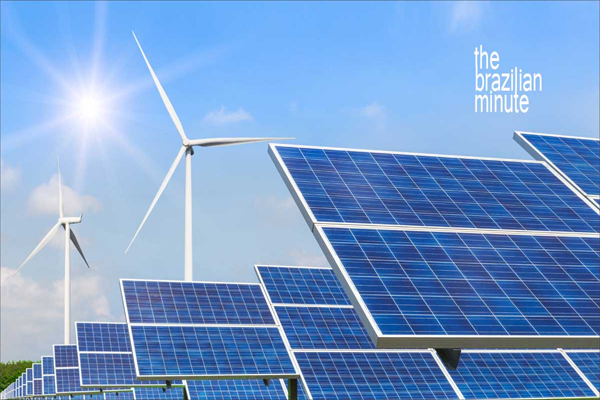
Argus Media
BRASILIA
EnergiesNet.com 02 28 2024
Brazil estimates that only 6pc of funding for its energy transition projects comes from the private sector, compared with an average of 14pc in other emerging markets and 81pc in developed countries.
The high cost of long-term currency hedge contracts has contributed to the limited participation of foreign investors in Brazil’s energy transition, the president of the Inter-American Development Bank (IDB) and former president of Brazil’s central bank Ilan Goldfajn said.
To ease the entry of foreign investments, the government launched the Eco Invest Brasil program, which will create currency hedge mechanisms to limit exposure to exchange-rate volatility. Brazil’s finance ministry and central bank developed the program with the World Bank and IDB.
The IDB has committed a total of $5.4bn to get the Eco Invest program started, including $3.4bn for currency swaps and $2bn for lines of credit. IDB will also help Brazil prepare and structure projects to receive financing.
The plan seeks to remove obstacles for foreigners to invest in Brazil’s energy transition by reducing risks related to the volatility of the Brazilian real, according to the treasury secretary Rogerio Ceron.
As part of the program, the government plans to issue a presidential decree that will create four new lines of credit within the Climate fund.
The goal of the plan is to expand Brazil’s integration with the international financial system and boost foreign investment in companies and projects that decarbonize the economy.
Brazil’s Bndes development bank also reached an agreement with the Glasgow Financial Alliance for Net Zero (GFANZ) to expand financing for Brazilian decarbonization projects.
IDB will also provide an additional $2bn line of credit and technical support for Brazil’s Climate fund, while the World Bank is considering allocating up to $1bn to the fund.
argusmedia.com 02 27 2024












